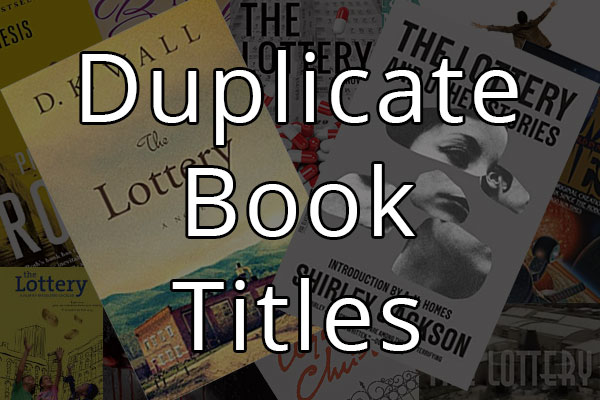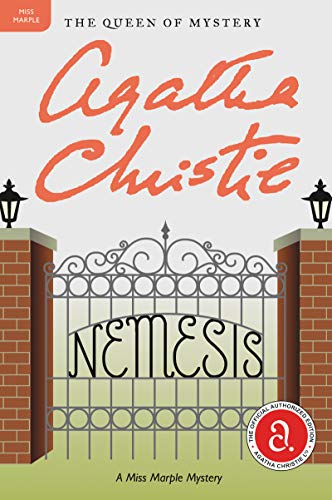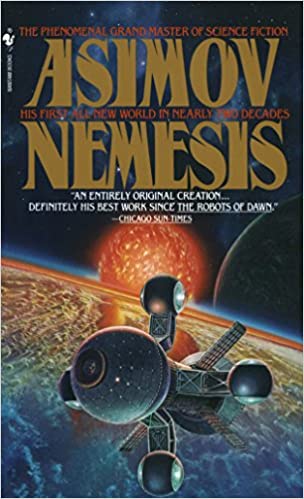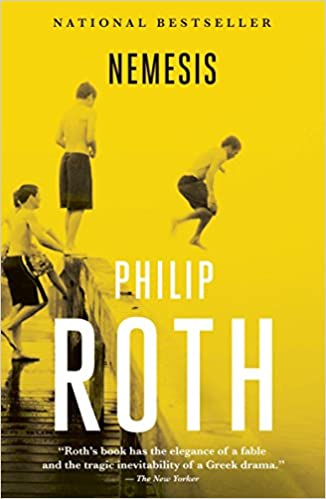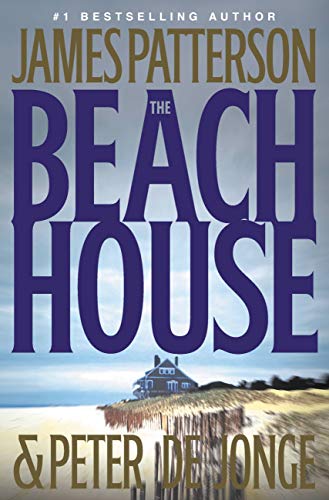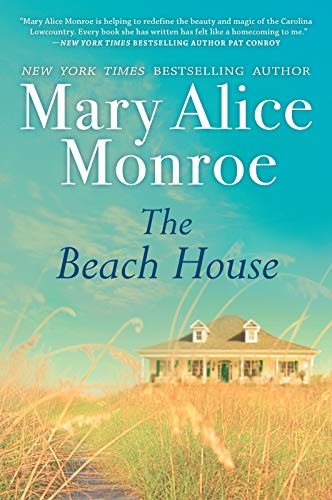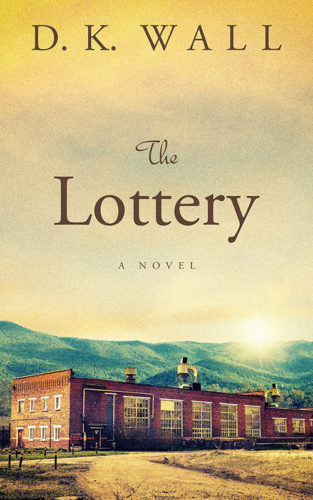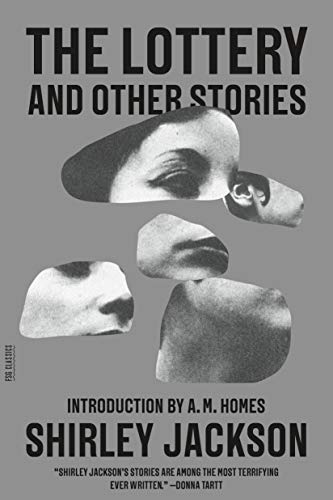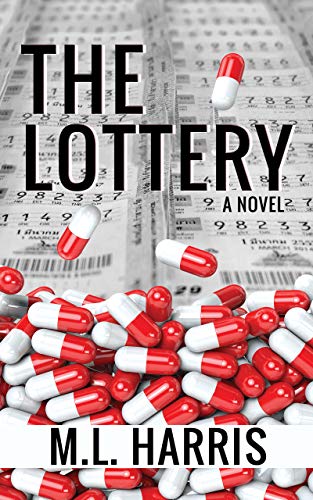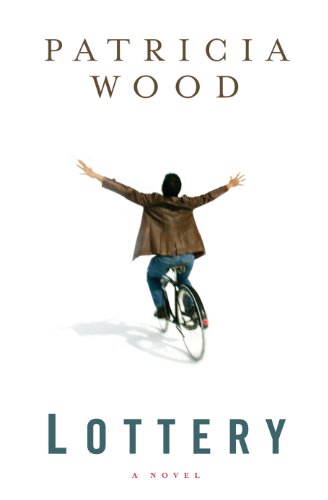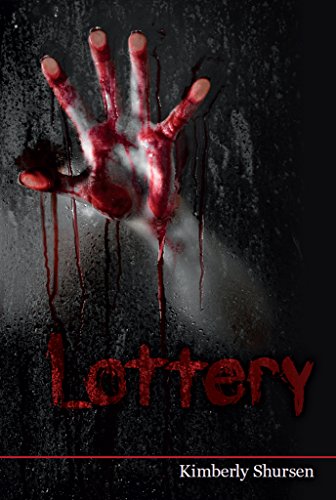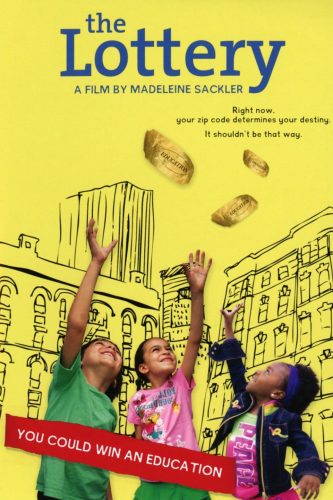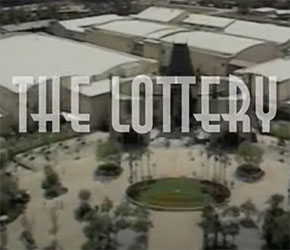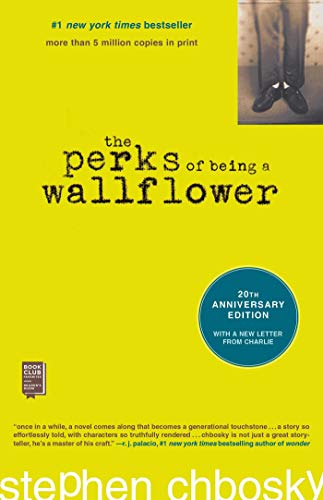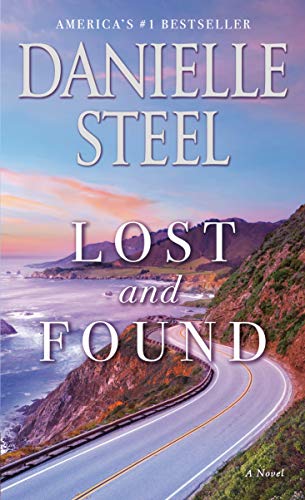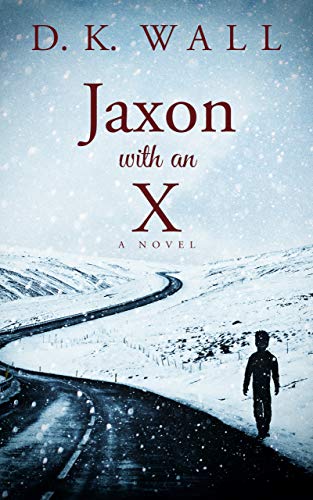Share This Post
How dare I name my first novel, The Lottery? Didn’t I steal the title from Shirley Jackson?
The short answer?
No.
The longer answer?
A well-done book title—along with the cover—catches a reader’s eye and tells them what a book is about in a mere couple of words. Because of the sheer number of books released, duplicate titles are common, though they may not always be the best idea for an author.
But first, let me spend a quick minute dispelling the legal issues.
Copyright Versus Trademark Law
I’m not a lawyer. I don’t play one on TV. And I didn’t stay in a Holiday Inn Express last night. So this is absolutely not legal advice.
Instead of making a sloppy attempt to explain the law, I thought I would refer you to a much better article here. I’ll summarize its key points about the laws in the U.S. (most countries work under similar principles, but things do change):
- Copyright law does not apply to titles.
- Trademark law might apply to series titles, but not to the title of a single book (think Harry Potter).
- The Lanham Act might apply if the courts determine that an author was intentionally trying to deceive the public.
That third point is the most complicated. Simply having the same title isn’t proof of wrong-doing, particularly when the title is composed of common words. A unique title composed of less common words, however, could certainly be more problematic because it would be harder to explain. The gist is that an author can not make their book seem like someone else’s, but simply having the same title isn’t a legal problem.
But enough of the boring legal stuff (which, again, I am woefully unqualified to discuss). If you have any questions about your own situation, contact a lawyer.
Duplicate Titles
How about some real examples of duplicate titles? The most famous example is Nemesis. a title used by dozens of books including three very famous authors—Agatha Christie, Isaac Asimov, and Philip Roth. (Note and my own disclosure—Links in this article to Amazon are my affiliate links. If you make a purchase, I receive a small commission from the Zon.)
While I am sure someone somewhere has accidentally found themselves reading about polio (Roth) or interstellar flight (Asimov) when they meant to read a Miss Marple Mystery (Christie), none of the authors tried to deceive readers.
The Beach House is a great example of not only a duplicate title, but also quite similar covers (though Patterson uses a more ominous title font). Again, no one is trying to deceive.
I could continue with dozens of examples, but you get the point. Duplicate book titles happen, particularly when using common words such as nemesis, beach, or house.
The Lottery
Which brings us back to my first novel. Without any doubt, it shares the name with other books:
That third one, by the way, was released in 2020, after my novel was released. I traced the very first book entitled The Lottery way back to the 1600’s, though I couldn’t find an image of its cover. Shirley Jackson’s classic short story is the most famous, of course.
Dropping the article “the” finds even more examples:
As does expanding the search to TV and film:
Funny thing about the one on the right—it’s directed by Gerry Marshall and stars Bette Midler for Disney. Don’t look for it in stores, though, because it was used in the theme park to talk about the magic of movie making.
Why Call My Book The Lottery?
As an author, I try hard not to comment too much on my books. Once published, the book no longer belongs to me, it belongs to the reader to interpret as they wish. But to explain the title, I have to delve into the book.
In a critical early scene, Nathan Thomas is riding in the back of a car driven by a friend he knows has been drinking. That image is important. He isn’t driving his own life. He’s a passenger in the backseat relying on luck just like he does with school, friends, girlfriends, and most everything else.
Contrast that with the opening football game when he chose to pursue Ricky Ward despite being assigned to defend another player. He wouldn’t have been blamed if he did what he was supposed to. In fact, he risked losing the game and becoming the goat by making a conscious decision.
The result of taking a risk was his team won the game. Unfortunately, like my protagonists, he doesn’t learn the lesson and doesn’t begin to control his destiny again until the end of the book. He is relying on chance and luck—The Lottery—to control his world.
We all have a good bit of luck in who we are. Where we are born and raised. Who our parents are. What schools we go to. The decisions we do make later in life are largely built on that foundation. In Nathan’s case, his family, friends, and career all happened without his control.
So that explains the title. We had played with Life’s Lottery but here’s an interesting tidbit—that title has also been used before. Since it was also harder to remember (and a little blunt), we opted for the shorter version.
P.S.—No, the title does not refer to the lottery ticket sold in the book. That is just another symbol of how luck changes things.
Do I Regret Using The Title?
So using the title was legal and not misleading. Would I do it again?
The short answer is simple—no.
The title of my book will forever be dwarfed by the much more recognizable Shirley Jackson classic short story. A more nuanced, unique name would be much easier to market and remember. I think one of the best and unique titles in recent years would be Stephen Chbosky’s Perks of Being A Wallflower—a title unique in structure and yet conveying a great deal about the protagonist.
Jaxon With An X
After publishing The Lottery, I was hard at work on my next book, Lost and Found. We thought the title summed up Jaxon’s life well and hinted at the themes in the book. Things were moving along well until…
A key rule of marketing books is don’t get trampled by the big guerillas. Danielle Steel releasing a book by the same title within the same year would qualify as one giant guerilla. I had already learned the painful lesson of marketing against a short story published over 70 years ago, so I needed to change.
We found the answer in one of the early chapters when our young protagonist utters his first words, “Jaxon with an X.” It’s catchy, unique, and hasn’t been used before (we don’t think—at least not in searches). Perfect, right?
Not exactly. Oh, I can handle the fact that numerous romance books star Jaxons (all decidedly more buff than my Jaxon). I can even deal with the popularity of an Australian reality TV star who goes by the stage name Jaxon Human.
What I didn’t expect was a minor marketing challenge. Our advertising budget is small and we need to target ads very carefully. One piece of information we get are various search phrases people enter to find the book. This is helpful because we find misspellings and other unique phrases that we may not have considered. Very useful information while designing our marketing plan.
One of the leading search phrases is…
Jackson With An X
I couldn’t make that up if I tried. I have no idea what someone thinks “with an x” means when spelling Jackson, but I just have to accept it. A simple misspelled word can be targeted as long as it doesn’t have some other meaning.
Guess what?
A quick search on Google shows a Jackson X guitar, how Michael Jackson wanted to be in the X-Men movie, and even books about Malcolm X—all before revealing my book.
Sigh.
Title of the Next Book?
So I’m learning. You will be glad to know we’ve taken that knowledge and already agreed on the title for my next book. It’s unique (we think). It describes the characters. It lends itself to a book cover.
And I’m not telling… yet. I don’t want to give Danielle Steele any ideas.

